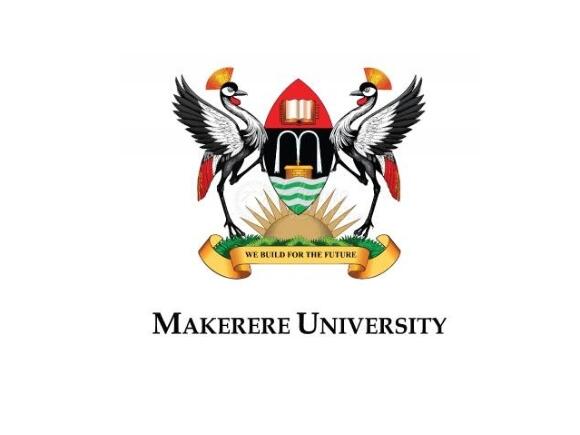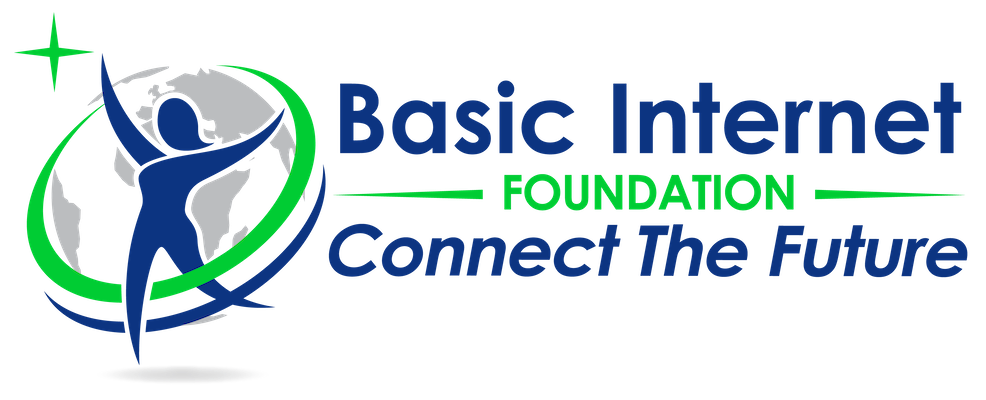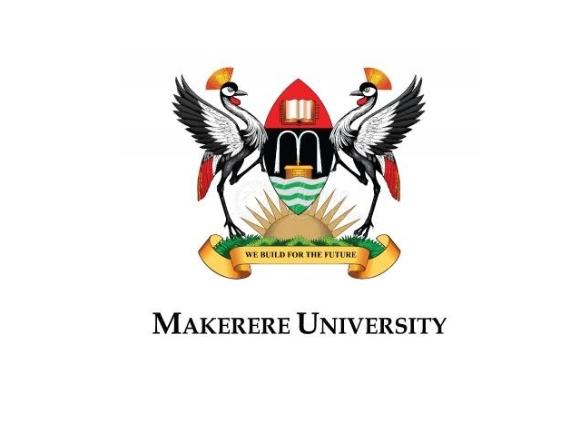[vc_row type="in_container" full_screen_row_position="middle" scene_position="center" text_color="dark" text_align="left" overlay_strength="0.3" shape_divider_position="bottom" bg_image_animation="none"][vc_column column_padding="no-extra-padding" column_padding_position="all" background_color_opacity="1" background_hover_color_opacity="1" column_link_target="_self" column_shadow="none" column_border_radius="none" width="1/1" tablet_width_inherit="default" tablet_text_alignment="default" phone_text_alignment="default" column_border_width="none" column_border_style="solid" bg_image_animation="none"][vc_column_text]
The Makerere University, Uganda and Basic Internet Foundation signed a Memorandum of Understanding on the 4th of November 2020.
Makerere University is a Public University established under the Makerere University Act, 1970 which was repealed by the Universities and Other Tertiary institutions Act, 200'1 (as amended) of P.o Box 7062, Kampala-"Uganda (hereinafter referred to as MAK).
The College of Engineering, Design, Art and Technology (hereinafter referred to as CEDAT) evolved from the MAK Faculty of Technology founded in 1970 to promote advancement in engineering through education, training, research, professional services and innovation for sustainable industrial development. CEDAT is one of the nine colleges of MAK, which is Uganda's largest and oldest institution of higher learning, and offers a diverse range of academic and pre-professional programmes.
 Basic Internet Foundation promotes free access to information for all, and has established community-driven informations spots to provide free access. The Foundation's distributed architecture opens for a quick deployment of a cost-effective Internet distribution worldwide, allowing for a reception of a 3Gl4G network even in areas with no connectivity.
Basic Internet Foundation promotes free access to information for all, and has established community-driven informations spots to provide free access. The Foundation's distributed architecture opens for a quick deployment of a cost-effective Internet distribution worldwide, allowing for a reception of a 3Gl4G network even in areas with no connectivity.
The costs of the infrastructure itself is as cheap as a mobile phone, about 300 USD. For a CAPEX of about USD 1100 we enable lnternet access for everyone in the society. While lnternet links are expensive, its information spot solution has OPEX of typically USD 15-20 per month. Given the cooperative model for digital inclusion, they expect that an information spot can have OPEX costs of less than USD 10. Their business model for freemium access to internet is sustainable, though needs a collaboration of stakeholders.
The goal of the collaboration is to pilot a scalable rural broadband connectivity framework that can guide government and other stakeholders on how to extend access in rural and underserved areas of Uganda in support of a knowledge-based economy with a focus on the education sector, agriculture, entrepreneurship and gender equity in support of national productivity and growth.
Our call for action entails invitation of shareholders to the digital inclusion agenda and project, entrepreneurial experts, funding mechanisms via donor institutions, partners from both the public and private sectors and other non-governmental organisations.
Two examples addressing the role of broadband, regulations and municipal networks. And they leave the question:
What can we do to give everyone free access to information?
[/vc_column_text][/vc_column][/vc_row]


Recent Comments